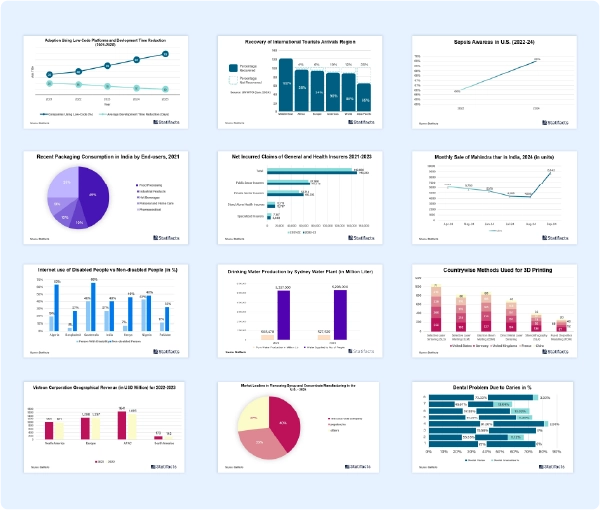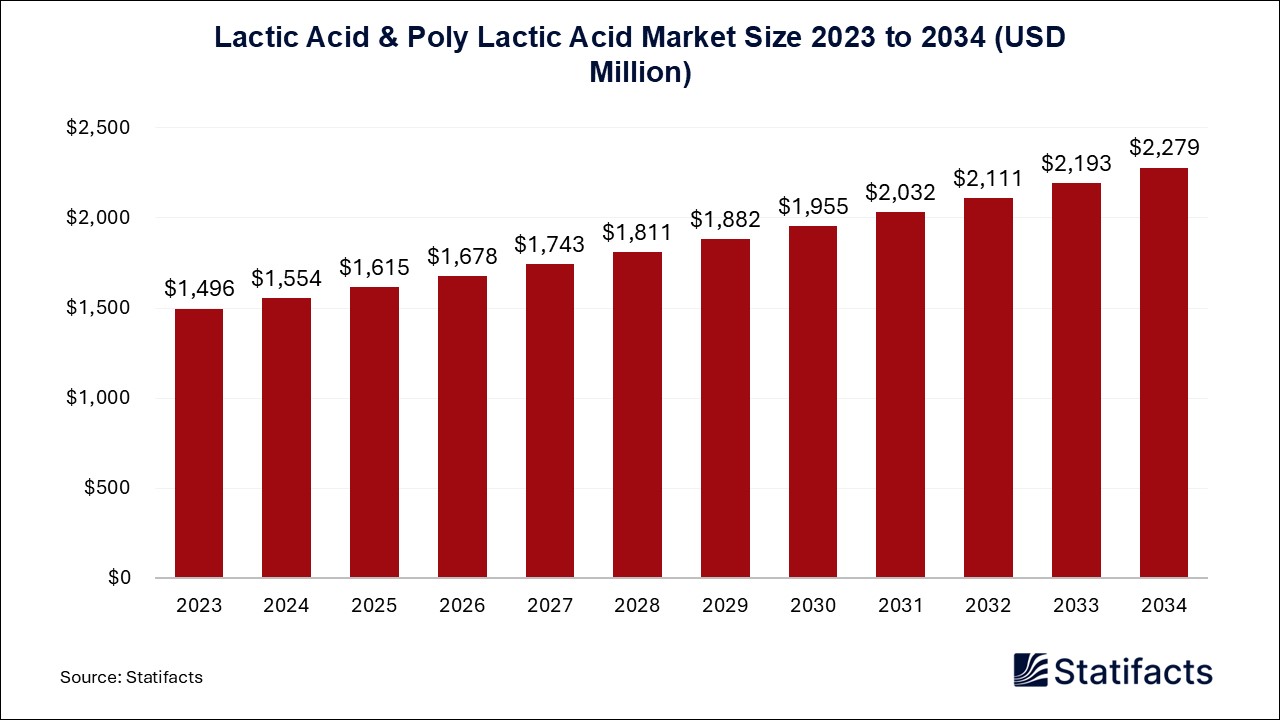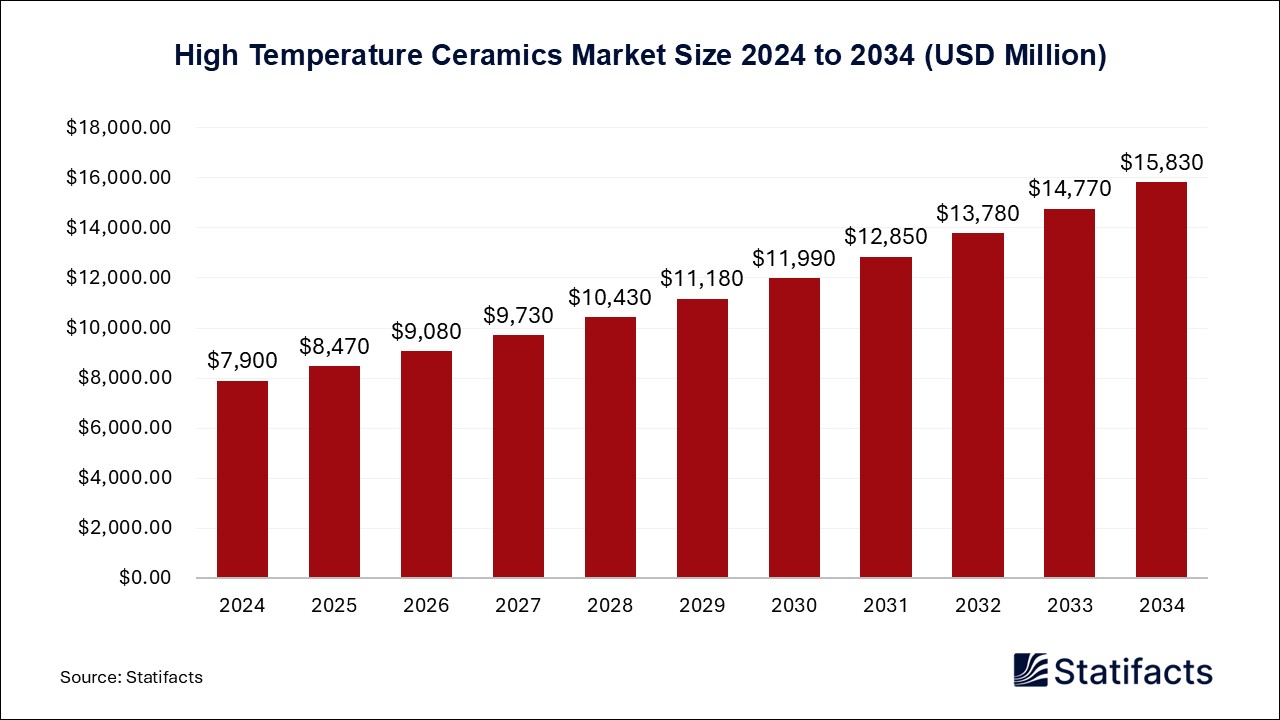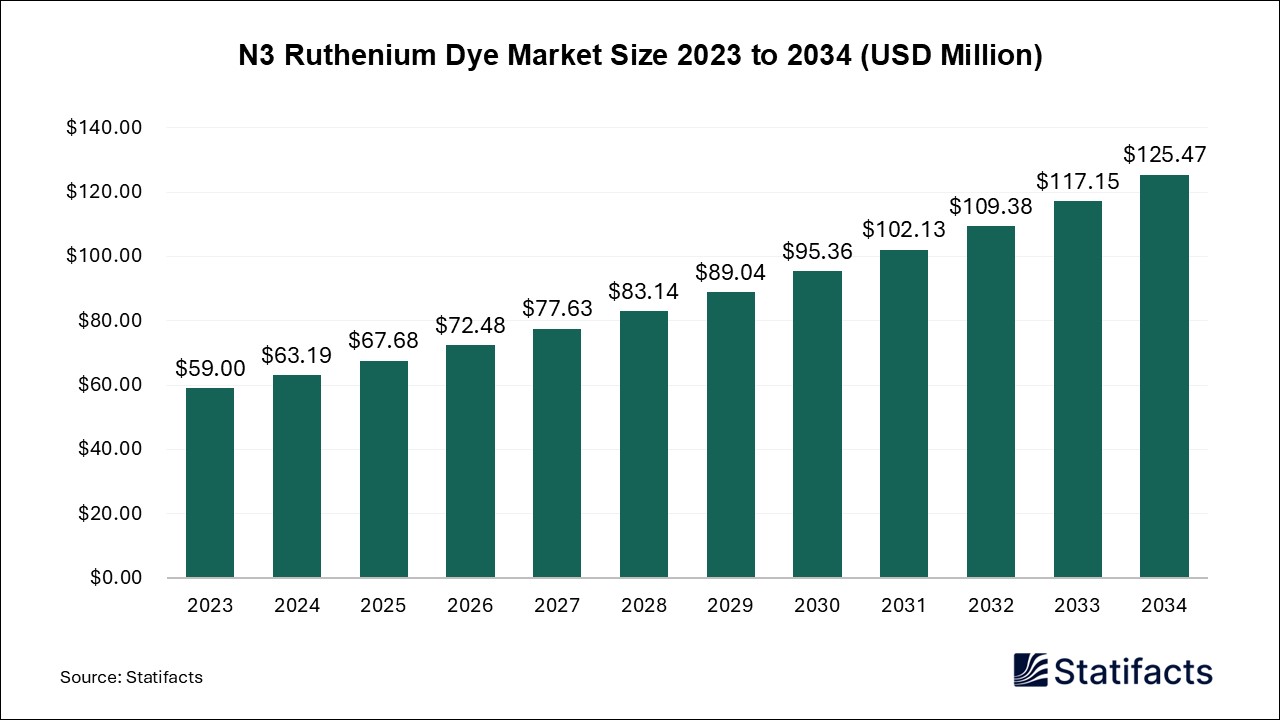

Our customers work more efficiently and benefit from
The global quantum computing in healthcare market size accounted for USD 116.80 million in 2024 and is expected to exceed around USD 4,089.62 million by 2034, growing at a CAGR of 42.7% from 2025 to 2034.
| Industry Worth | Details |
| Market Size in 2025 | USD 166.67 Million |
| Market Size by 2034 | USD 4,089.62 Million |
| Market Growth Rate from 2025 to 2034 | CAGR of 42.7% |
Quantum computing in healthcare market refers to the production, distribution, and use of state-of-the-art computing tools and techniques in the biomedical sector. This is a nascent field that explores the intersection of quantum computing and the healthcare industry. Quantum computing employs the complicated laws of quantum mechanics to solve problems. It tackles problems that even today’s most powerful supercomputers cannot take on. These computers utilize quantum mechanical effects such as superposition and entanglement to store information in qubits. These powerful machines can perform multiple simultaneous calculations and other operations, allowing them to be better at predicting things and doing them faster. Quantum computers hold significant potential for the health sector, mainly in biomedical applications.
Quantum computing shows promise in terms of analyzing large-scale genomic data, leading to quicker results and an improved understanding of genetic diseases and personalized medicine. The technology has several potential applications, including the use of quantum simulations to model complex biological systems drug-protein interaction prediction, which is crucial in accelerating drug development. Quantum computing can also be deployed for targeted drug delivery and gene therapy, which can help treat diseases like Parkinson’s, Alzheimer’s, and some kinds of cancer. Recent advancements have been achieved through quantum-based techniques in areas like healthcare, simulation, search and optimization, and computational biology.
Increased use of medical imaging and predictive analytics is driving the growth of quantum computing in healthcare market. Quantum computing can optimize image processing algorithms like noise reduction, image registration, and segmentation, leading to more accurate and reliable results. This may lead to better visualization and characterization of medical conditions.
Quantum computing can improve image quality through enhanced signal-to-noise ratios and higher resolution. Quantum algorithms can process complex image datasets to reduce to eliminate noise and artifacts, producing more accurate and detailed images. Quantum machine learning (QML) algorithms, in particular, offer significant benefits over their classical counterparts, providing faster and more precise analysis. Quantum algorithms can be used for many applications in medical imaging, including tissue characterization, tumor detection, and prediction of disease progression. For example, in the case of breast cancer screening, quantum algorithms can analyze mammograms to identify suspicious lesions and help radiologists in early detection. Quantum computing is used to revolutionize disease modeling and prediction by providing computational power far beyond classical systems. It allows effective simulation of molecular interactions, protein folding, and genetic variations at unprecedented scales.
Rising demand for drug discovery and personalized treatment is driving the demand for quantum computing in healthcare market. Quantum computing can help us to understand how various drug configurations interact with biological systems, due to the excel in simulating electron behavior in molecules. This may lead to researchers creating more effective drugs and formulating treatments currently beyond classical computational methods. One of the main promising uses of quantum computing in drug discovery is in the field of molecular simulations. Quantum computing offers the ability to provide an accurate representation of ligands and proteins. Quantum computing approaches hold promise in addressing pharmacological problems on the time scale demanded by drug discovery research.
In personalized medicine, quantum models offer the ability to optimize treatment plans by processing high datasets like a patient’s medical history, genomic information, and environmental factors to tailor treatments that are specific to an individual’s genetic makeup. Quantum computing can contribute significantly to personalized medicine by improving efficiency and minimizing the treatment plans based on individual genetic profiles, thus improving the efficacy and minimizing the side effects of treatments. Quantum computing has the potential to transform the field of medical imaging by significantly improving the speed and efficiency of image processing and analysis. This can lead to innovations in early detection, treatment optimization, and patient outcomes, leading experts to see the quantum computing in healthcare market as promising in the coming years.
Published by Sanket Gokhale , March 2025
For any questions about this dataset or to discuss customization options, please write to us at sales@statifacts.com
| Stats ID: | 8065 |
| Format: | Databook |
| Published: | March 2025 |
| Delivery: | Immediate |
| Price | US$ 1550 |





| Stats ID: | 8065 |
| Format: | Databook |
| Published: | March 2025 |
| Delivery: | Immediate |
| Price | US$ 1550 |

You will receive an email from our Business Development Manager. Please be sure to check your SPAM/JUNK folder too.

Unlock unlimited access to all exclusive market research reports, empowering your business.
Get industry insights at the most affordable plan
Stay ahead of the competition with comprehensive, actionable intelligence at your fingertips!
Learn More Download
Download

